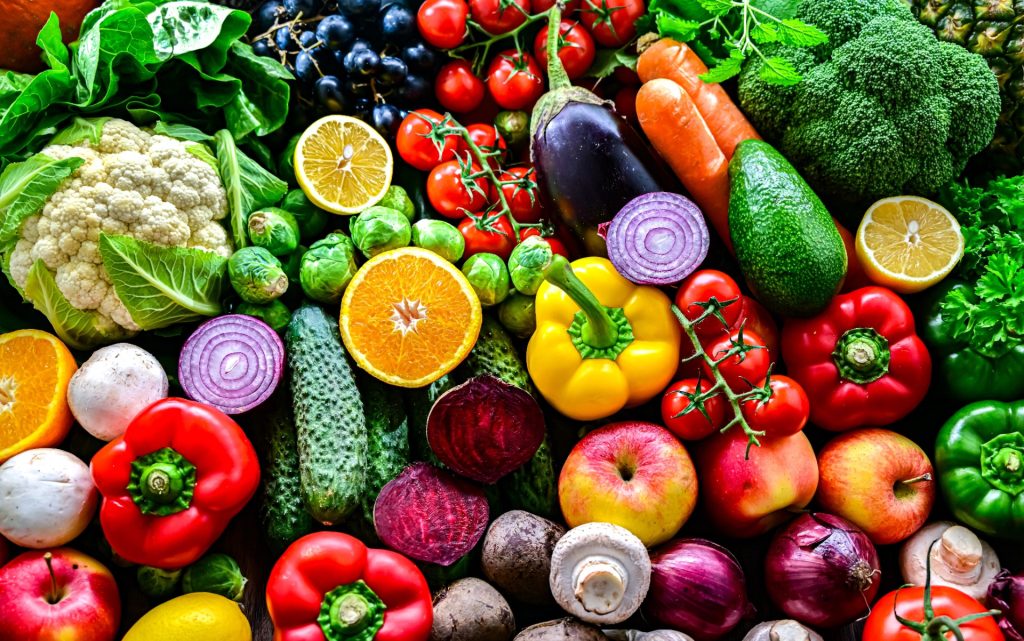A study showed that an intake of certain vegetables can lead to increased weight gain.
Others are reading now
A long-term study has found that certain vegetables could be linked to increased weight gain later in life.
The research, conducted by the Harvard T.H. Chan School of Public Health, tracked participants over decades and revealed that the type of vegetables consumed may play a significant role in weight changes.
The Study
The study followed the diets and health data of 136,432 individuals for 24 years, starting in 1985 and ending in 2014.
Participants, all under 65 years of age at the start, provided their medical history, lifestyle information, and dietary habits every four years.
Also read
On average, participants gained 1.5 kg every four years, totaling around 6.8 kg over two decades. However, those who frequently consumed starchy vegetables experienced greater weight gain compared to those who focused on non-starchy vegetables.
The Three Culprit Vegetables
The study identified potatoes, corn, and peas as the starchy vegetables most associated with weight gain.
Participants who regularly ate these vegetables gained an average of 2.6 kg more over the study period than those who avoided them.
In contrast, non-starchy vegetables like broccoli, carrots, and spinach were associated with less weight gain. In fact, participants who consumed more non-starchy vegetables gained 3 kg less than those who ate starchy ones.
The association between starchy vegetables and weight gain was particularly strong among women and participants who were already overweight.
Glycemic Load and Weight Gain
The study also highlighted the role of glycemic load — the impact of food on blood sugar levels — in weight gain. Foods with a high glycemic load, like potatoes and corn, were strongly linked to greater weight increases.
Switching to high-fiber foods, such as whole grains or low-glycemic fruits like apples, could potentially counteract this effect and help manage weight.
While the findings are compelling, the authors noted that this was an observational study.
It cannot definitively prove that eating specific vegetables directly causes weight gain. The accuracy of the participants’ self-reported data is another limitation to consider.
While diet is an important factor, other lifestyle and genetic factors also play a role in long-term weight management.
This article is based on information from Pensionist and Express.


